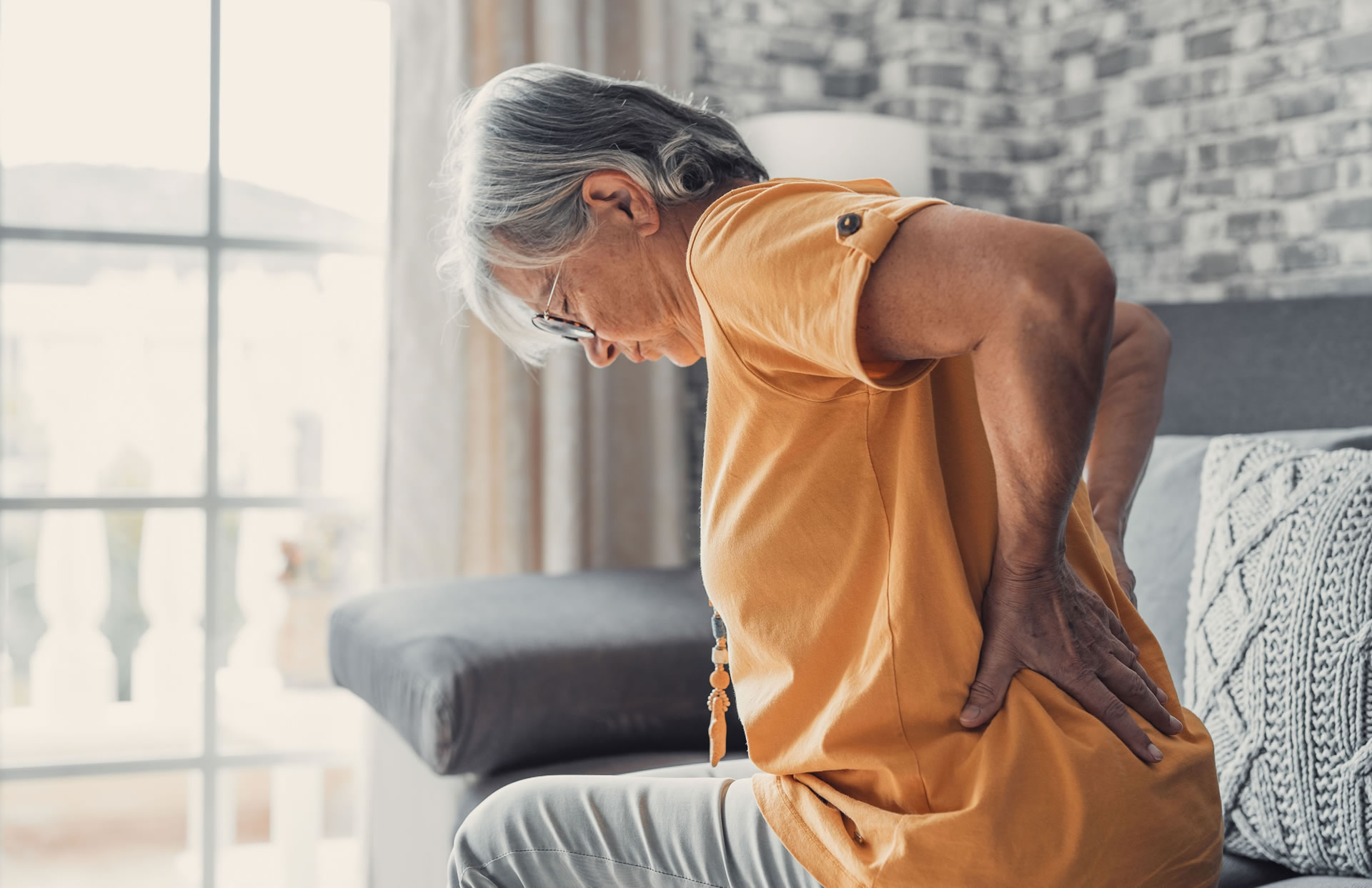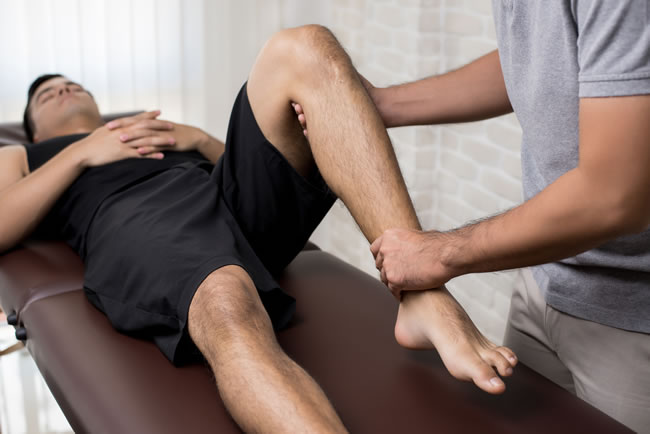Low back pain is the leading cause of disability worldwide. Treatments can often be costly, time-consuming and ineffective. Disability and poor outcomes from care can be associated with your beliefs about back pain. Unhelpful beliefs may result in greater levels of pain, disability, time off work, medication use and healthcare seeking. However, you are not alone: unhelpful beliefs are common in people with and without back pain and can be reinforced by the media, your surrounding community, industry groups, and even well-meaning clinicians. Unhelpful beliefs about your pain canal so influence your behaviour and psychological response to it
Here are the 10 most common unhelpful beliefs about low back pain.
- It is a serious medical condition
- It will become persistent and get worse in later life
- Persistent pain is always related to issues of damage
- Scans and investigations are always needed to detect and diagnose low back pain.
- Pain related to exercise and movement is always a warning sign that damage is being done to the spine and is a signal to stop
- It is caused by poor posture.
- It is caused by weak ‘core’ muscles and having a strong core protects against future episodes of pain.
- Repeated loading of your spine results in ‘wear and tear’ and tissue damage.
The problem with having unhelpful beliefs is that it may lead to unhelpful behaviours, such as avoidance. That means avoiding normal spinal postures, avoiding certain movements(like bending forward or twisting), and avoiding activities including spine loading, physical activity, social activities and activities of daily living and work.
Apart from avoidance, unhelpful beliefs may also lead to protective behaviours such as muscle guarding, bracing, and slow and overly cautious movements. Together these behaviours can fuel already existing feelings of fear. This can even lead a person to opt for more biomedical or invasive treatments to ease their symptoms, including medication, injections, devices and surgical opinions to fix their proposed faults or damaged structures.
Unhelpful beliefs contribute to a negative mindset regarding low back pain, leading to a fear of performing activities and concern about the future. This, combined with a lack of self-belief and loss of skills to effectively manage your pain, can result in deteriorations in mental health, including stress, anxiety and depression.
Understandably, it may be hard to simply adopt a positive mindset regarding your back pain; however, a positive mindset is associated with lower levels of pain, disability and a reduced need for healthcare. Once any serious pathology has been ruled out, scientific evidence has shown that understanding these helpful facts can bring about a positive mindset change to help you cope better with your back pain.
- Low back pain is not a serious life-threatening medical condition.
- Most episodes of low back pain improve and do not get worse with age.
- A negative mindset, fear avoidance behaviour, negative expectations about recovery and poor coping methods are more strongly associated with ongoing pain than any tissue damage.
- Results from scans or imaging do not determine your prognosis or the likelihood of a future episode. Having scans will not improve the outcome of your current back pain episode.
- Graduated exercise and movement in all directions are safe and healthy for your spine.
- Your posture and the alignment of your spine while standing, sitting or lifting does not predict low back pain or how long it lasts.
- A weak core does not cause low back pain. Some people may have overly tense core muscles and although it is good to have strong trunk muscles, it is also helpful to relax them when they aren’t needed.
- Spine movement and loading are safe and build structural resilience when done as a progressive programme.
- Painful flare-ups are often related to changes in activity, stress and mood rather than tissue damage.
- Effective care for low back pain can be relatively cheap and safe. This includes: education, understanding pain and developing a positive mindset, optimising physical and mental health through regular engagement with physical activity, exercise, social activities, healthy sleep habits and body weight and maintaining your work or daily routine.
Exploring your concerns, fears and beliefs about back pain will give you an opportunity for constructive discussion with physical therapists, doctors and counsellors or psychologists. Building your confidence to engage in different postures, movement, graded loading, physical activity, healthy living, remaining engaged in social and work activities, can help to build a positive mindset. All of these facts may help reduce distress and build self-efficacy to better manage your back care.
Reference: O’Sullivan PB, Caneiro JP, O’Sullivan K, et al. Back to basics: 10 facts every person should know about back pain. British Journal of Sports Medicine 2020: Jun;54(12): 698-699.
The information contained in this article is intended as general guidance and information only and should not be relied upon as a basis for planning individual medical care or as a substitute for specialist medical advice in each individual case. ©Co-Kinetic 2024.
Start your journey to a healthier, stronger body today!
RESTORATION
Once we have got you to a stage where you injury is healed, we then give you a rehabilitation programme to restore your strength and enable you to resume your sporting activities.
prevention
Are you currently engaging in sport but worried about getting injured in the future? Why not work with us so we can help get your body strong and supple to minimize any disruption to your exercise routine?




